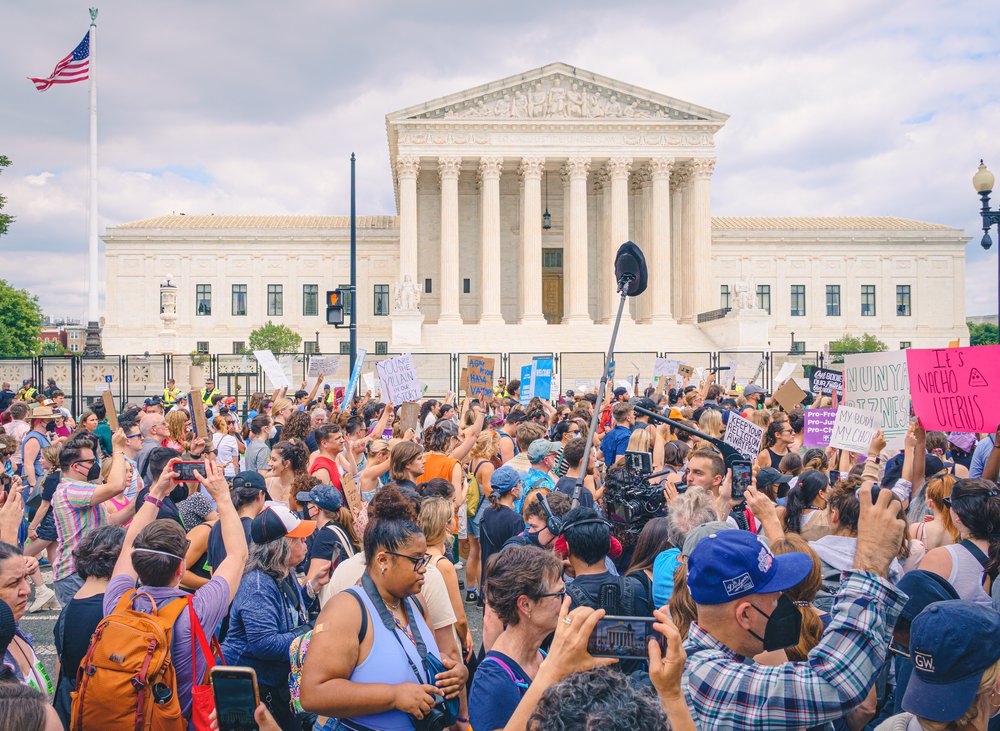
Inaccurate Prediction Market Prices Have Undermined the Case for Liberalizing Regulations
By Pratik Chougule and Solomon Sia
A core thesis of prediction market enthusiasts is that the ‘wisdom of the crowds’ can disrupt a discourse characterized by poor forecasts, unreliable polling, and fake news.
Variants of this argument, advanced routinely by Kalshi, Polymarket, and PredictIt, have weighed on the CFTC. The possibility that these markets could become “better than polling,” CFTC Chairman Behnam acknowledged in his October 2022 remarks, is among the reasons why regulatory issues in this space are “a very important question.”
Even as liquidity has increased, however, market prices have not shown enough predictive value in recent elections to demonstrate that prediction markets are clearly superior forecasting tools to the polls, models, and expert analyses that are more familiar to political establishments.
The perceived failure of prediction markets in the last few election cycles to forecast accurately the outcomes in high-profile races has undercut the thesis that these markets serve the public interest.
Among the most conspicuous of these failures occurred in the November 2022 U.S. midterm elections. At a time when prediction markets were under heightened regulatory scrutiny, betting markets, unlike the polls, forecasted a large Republican wave that did not materialize. This mispricing was widely noted in coverage of the issue.
Much of the scrutiny from the policy community on prediction markets has been directed at PredictIt. Notwithstanding the attention PredictIt is receiving by virtue of its lawsuit against the CFTC, PredictIt executives have not provided a compelling defense of their markets’ public interest value in the wake of the 2022 elections.
David Mason, counsel to PredictIt’s service provider Aristotle, hypothesized that PredictIt’s performance can be blamed on the site’s regulatory challenges, which allegedly drove away skilled traders.
This explanation, while plausible, does little to account for why UK bookmakers and Polymarket also forecasted a large Republican victory.
PredictIt CEO John Phillips, meanwhile, simply asserted as recently as February 2023 that prediction markets are “notoriously more accurate than pollsters and pundits when it comes to forecasting election outcomes.”
Pratik Chougule is the executive director of the Coalition for Political Forecasting. Solomon Sia is a board member of the Coalition for Political Forecasting. This post is adapted from the authors’ report, “Political Betting Regulation in the United States: Pathways to Liberalization.”
